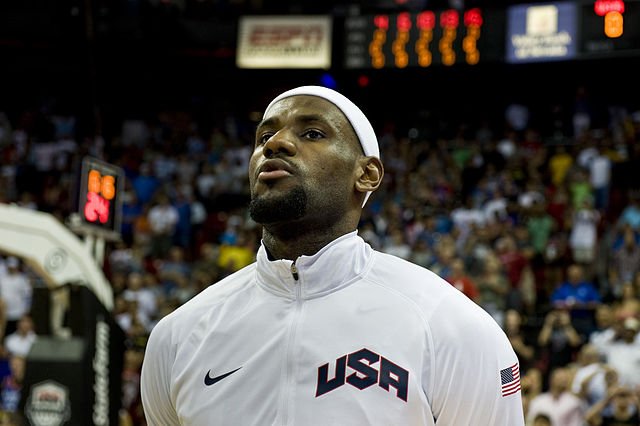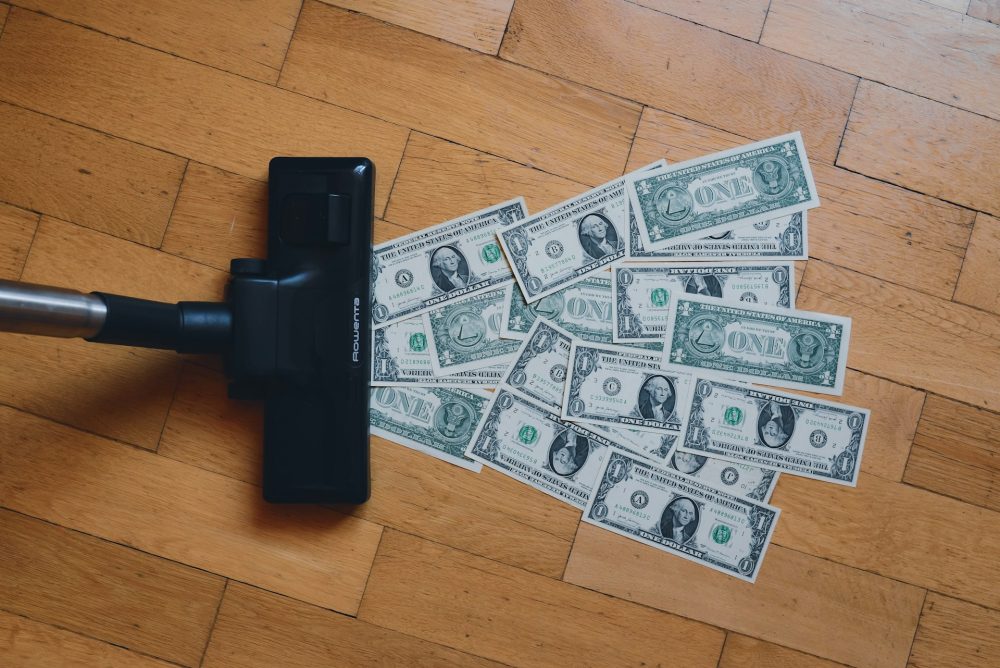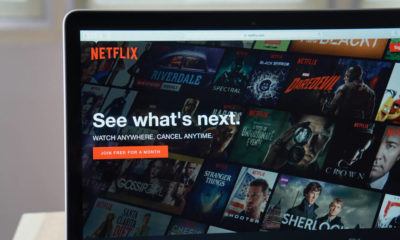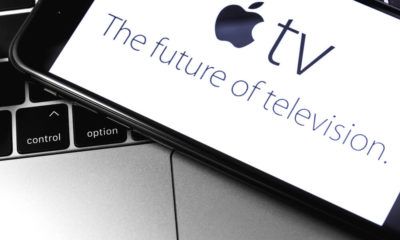Business
Are celebrities still effective endorsers for your brand?
Many advertisers leverage celebrity influence through social media, where fans and celebrities can connect with each other anytime and anywhere.

Celebrity endorsements are old magic tricks employed by many advertisers, yet their popularity and effectiveness never seem to wane.
With the modern consumer’s overexposure to images, there has to be a way to make something stick, and that is through plastering a familiar, lovely, and reputable face on the brand. Celebrities breathe life into a product, and their ads tend to be retained longer in a consumer’s memory. In other words, products endorsed by celebrities beget instant fame and reputation.
The fact that celebrities already have fan bases even before they endorse a product means that they can easily raise awareness even for a relatively new product. Fans dig what their favorite celebrity likes because it is through that way that they are leveled with the stars.

Lebron James James signed a seven-year, $90 million pact with Nike before even being drafted by the Cavaliers with the No. 1 overall pick in 2003. (Source)
Many advertisers leverage celebrity influence through social media, where fans and celebrities can connect with each other anytime and anywhere. According to a study done by Nielsen Research Company, those who respond to celebrity endorsers on social media are themselves far more likely to follow and respond to brands on social media.
To illustrate: Around 64 percent of adult Internet users in the United States who follow a celebrity also follow a brand, meaning a celebrity follower is four times more likely to follow a brand than the average online adult. Furthermore, the study found out that celebrity followers are also much more likely to engage in social media with their opinions and advice on popular topics like movies, music, and TV shows, thus becoming brand ambassadors themselves.
No wonder many brands experience an average of 20 percent increase in recognition because of their celebrity endorsement deals. Similarly, shares in these companies rose 0.25 percent on the day they announced their new endorser.
However, not all celebrities act as great promoters. Take Tiger Woods for instance. He used to be a marketable endorser until news of his affair broke, showing how a celebrity’s reputation can eclipse a product or service’s value and features. Having a well-known person promote a product is generally profitable, but it gets risky when stars behave badly.
Celebrity selection is important. Aside from having an overall good image, that person should also match the brand’s image. If the product is an apparel, sports athletes are the best endorsers, like LeBron James and Kobe Bryant for Nike.
When social media platform Mobio INsider was just starting out, the company invited celebrities with a huge amount of followers to join its platform. In just 18 weeks, more than 50 celebrity influencers have raked in a total of more than 300 million followers from at least 200 countries.

MobioINsider, another platform used by social media stars and celebrities, where fans can actually talk to their idols and ask questions.
Another consideration is a celebrity’s longevity, as their popularity is sure to wane sometime. World boxing champion Manny Pacquiao was tapped as an endorser of various brands in the Philippines and the rest of the world during his heyday, but as his influence fades, so do his endorsements.
Emerging Trends
New trends in celebrity advertising have emerged in 2014. For one, there seemed to be an overwhelming fad of featuring multiple celebrities in a campaign. Last year’s Super Bowl saw ads that showcased numerous celebrities, like Bud Light which had five stars in its campaign and Jaguar which had three. Perhaps the use of many celebrity endorsers is a ploy to reach various demographics at once. It also creates more buzz around a campaign and makes it feel epic.
Many advertisers also play up the nostalgia in their commercials by using celebrities who became famous during the ’80s and ’90s. One of the biggest video hits in 2014 was Volvo Trucks’ Live Test featuring Jean-Claude Van Damme. Ads like these easily became viral in social because it demonstrates how nostalgia plays to consumer’s deepest emotions.
The magic of using celebrities in advertising does not exhibit any sign of dying down anytime soon. With social media, consumers should even expect their favorite endorsers to be more active and accessible in terms of promoting and answering questions about their brands.
—
This article may include forward-looking statements. These forward-looking statements generally are identified by the words “believe,” “project,” “estimate,” “become,” “plan,” “will,” and similar expressions. These forward-looking statements involve known and unknown risks as well as uncertainties, including those discussed in the following cautionary statements and elsewhere in this article and on this site. Although the Company may believe that its expectations are based on reasonable assumptions, the actual results that the Company may achieve may differ materially from any forward-looking statements, which reflect the opinions of the management of the Company only as of the date hereof. Additionally, please make sure to read these important disclosures.

-

 Crypto2 weeks ago
Crypto2 weeks agoIntesa Sanpaolo Signals Institutional Shift With Major Bitcoin ETF Investments
-

 Cannabis17 hours ago
Cannabis17 hours agoBrewDog Sale Leaves Thousands of Crowdfunding Investors Empty-Handed
-

 Markets1 week ago
Markets1 week agoRice Market Slips as Global Price Pressure and Production Concerns Grow
-

 Biotech5 days ago
Biotech5 days agoInterministerial Commission on Drug Prices Approves New Drugs and Expanded Treatment Funding
























